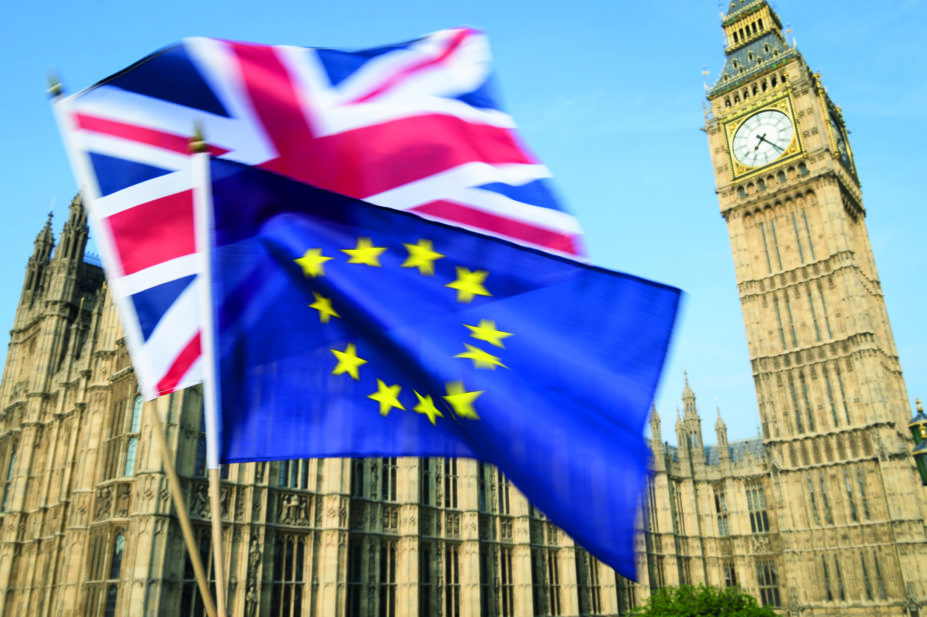
Shutterstock.com
The UK government has said it wants to negotiate a post-Brexit deal that ensures “strengthened collaboration” with European partners in medical, scientific and technological research.
It set out its ambitions in a position paper published on 7 September, which cited a range of existing precedents for joint working such as the European Medicines Agency (EMA), and other collaborations, which it hopes will continue.
“The UK wants Europe to maintain its world-leading role in science and innovation, and will continue playing its part in delivering shared European prosperity,” the paper states.
“It is the UK’s ambition to build on its unique relationship with the European Union (EU) to ensure that together we remain at the forefront of collective endeavours to better understand, and make better, the world in which we live.
Close collaboration
The paper is one of a series of position statements setting out key issues that will form part of what the government describes as a “new, deep, and special partnership” with the EU once the UK leaves in March 2019.
Included in the paper is a reiteration that the government wants to keep close ties with the EMA post-Brexit “in the interests of public health and safety”.
“Drug development and clinical trials are a global business, and the UK believes a deep and special relationship with the EU remains the best way to promote improved patient and animal health outcomes, both in Europe and globally,” the paper says.
The paper also cites other successful collaborations such as the Horizon 2020 project, which provides grant support for research and development, and supports a range of public-private partnerships to accelerate the development of new medicines.
Claire Thompson, the RPS deputy chief scientist, said it was “imperative” that UK organisations could remain engaged and involved with their European counterparts in science and innovation.
“The uncertainty around the impact of Brexit has already led to UK organisations [universities and companies] being omitted from consortia which are applying for European funding,” she said. “Of course funding is essential, but of almost equal importance is the ability of our exceptional UK scientists to collaborate with key partners in Europe to advance research in medicinal therapies and products.”
NHS response
The paper has also been welcomed by the NHS and the life science industry.
Niall Dickson, co-chair of the Brexit Health Alliance and chief executive of the NHS Confederation, said it was “the government’s job to make sure patients are not harmed by Brexit”.
“They must have early access to new technologies and cutting-edge treatments, and that includes being able to take part in international clinical trials.
“In all this it is vital that life sciences and other areas of health and care research are seen for what they are — major assets for the UK economy — not a cost to the taxpayer.”
In a joint statement, Mike Thompson, chief executive of the Association of the British Pharmaceutical Industry (ABPI), and Steve Bates, chief executive of the BioIndustry Association, said: “Continued cooperation in research, a smooth transition for the regulation of medicines, and practical solutions for trade and talent will be essential to delivering the best outcome for patients in both the UK and the EU.”
With timeframes in terms of drug development getting tighter by the day, they said it was “essential that progress is delivered through negotiations with the EU to give industry confidence that the UK and Europe will continue to be one of the best places in the world for developing and delivering the very best breakthroughs in medicine”.


